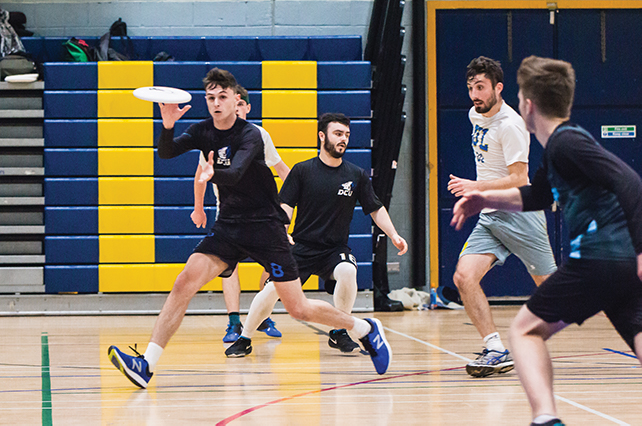
[dropcap]The[/dropcap] Union of Students in Ireland (USI) launched the second of its drug awareness campaigns on Monday, 20th March, addressing the widespread use of synthetic drugs and its prominent status among young adults.
The campaign, sponsored by Drugs.ie and the HSE, launched its second phase, focusing on synthetic cannabinoids and mephedrone – both classified as New Psychoactive Substances (NPS) – and aims to promote harm reduction among users by spreading information about the drugs.
USI’s campaign comes in response to the rapid rise of NPS on the drugs market, most of which are becoming obtained through the services of the internet.
The 2015 National Student Drug Survey has found that over 18% of respondents who used illegal drugs have reported buying online, and despite the ‘deep web’ being a prominent marketplace for illegal substances, a lot of NPSs are available on the public – or surface – web.
“It’s as easy as buying anything online,” said an undergraduate student from a Dublin university. “My friends didn’t want their family to notice what they were getting, and my family’s a bit more chill with that sort of stuff, so I had a big cardboard box delivered to my house full of all these random drugs.”
“I’ve had a few kind-of hybrid things. I took one that I’m very, very sure had speed in it – but I wasn’t aware at the time,” he said.
NPS are hard to monitor due to their transient nature; most substances don’t stay on the market for long and manufacturers often change quantities and chemicals in each batch depending on the substance’s popularity among users.
Many do so to exploit legal loopholes which allow sellers to distribute the product before it becomes categorised by authorities as an ‘illegal substance’.
The UN World Drug Report states that 75 new substances were reported to the UN Office of Drugs and Crime in 2015 for the first time, compared to a complete total of 66 in 2014.
The report also found an 18 per cent rise in global synthetic NPS seizures since 2014 amounting to 34 tons – over three times the amount of ecstasy seized.
The substances are called synthetic because they tend to mimic the effects of classic drugs like cocaine and cannabis, but because their ingredients are chemical rather than natural they do not require specific growing conditions and can be manufactured anywhere.
Arthur Velker
Image Credit: Enda Coll



